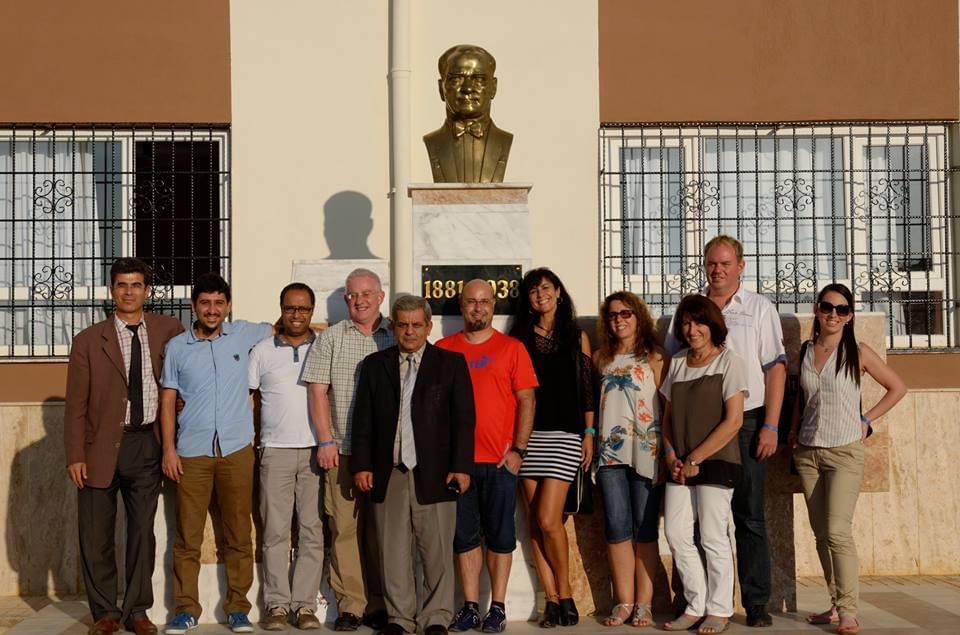The Learning Games

The Learning Games is a KA2 Cooperation for innovation and the exchange of good practices project. Motivation is the key to succeed in every endeavour people take up in their lives. Motivation makes us engage better in our studies, our jobs and drives us to overcome difficulties that may hinder our success. Unfortunately, our educational systems, more often than not, fail in providing that motivation to our students, resulting in unacceptable rates of school failure, from compulsory secondary studies to higher education, including second chance programmes like adult education. In this context, we as teachers have to examine our teaching practice.
The learning style of modern students differs from previous generations because our current society experiences a daily overload of information which is processed in simultaneous threads and small pieces, while also receiving constant feedback within many of the free time activities they engage in. Facebook, Twitter, YouTube, Instagram, online gaming… Our students’ lives are connected and we, as educators, need to take advantage and adapt some of those elements to our methodologies.
This project proposes a gamified system that takes these elements from real world experience and incorporate them into an integral framework that can be used to assess all kinds of learning (formal, primarily, but also informal and non-formal) within the classroom through the achievements the students make in their modules; a system that provides immediate and accessible feedback about performance and the level of mastery acquired and what needs to be learnt in order to progress; a system that improves teacher-student communication, and also student-student communication, a social dimension of learning, which is known to encourage deeper engagement with the activities.
The overall objective is committing the students to change their attitude towards learning by giving them meaningful choices in their studies and a deeper engagement with their learning, resulting in intrinsic motivation leading to reaching their full potential.
All these game-imported elements encompass, as well, a need for the teachers to incorporate gamification as the base for class management, implying an effort to learn and master both the theoretical aspects of the framework and, on a more practical level, the use of the software for our everyday practice.
Gamification is, then, the base of our project. Gamifying education means incorporating these elements and mechanics taken from videogames to our non-gaming context, the classroom, to promote engagement with learning by means of tools the students are mostly already familiar with and have proved motivational in such diverse fields as scientific research, marketing, health promotion, online teaching and, even in-job training.
Further information can be found on the project website
Project Partners
Spain I.E.S. Juan José Calvo Miguel, http://www.juanjosecalvomiguel.com
Turkey Hasan Fatma Onal Anadolu Lisesi, http://www.hasanfatmaonal.meb.k12.tr
Germany Volkshochschule für den Landkreis Regen, http://www.vhs-regen.de
Spain CEPA Río Tajo, http://www.epatalavera.es
Hungary Budapesti Kommunikaciós és Uzleti Foiskola, http://www.bkf.hu
